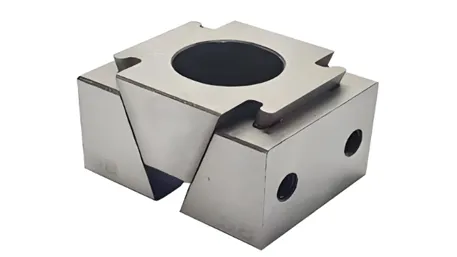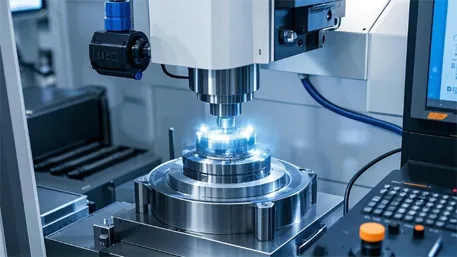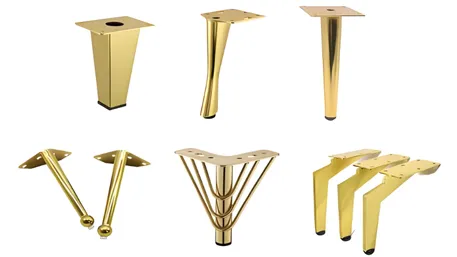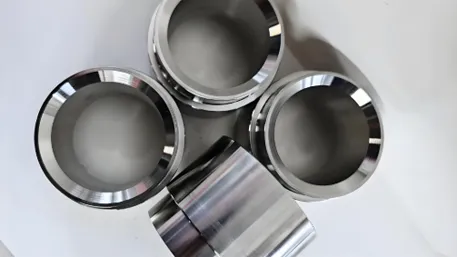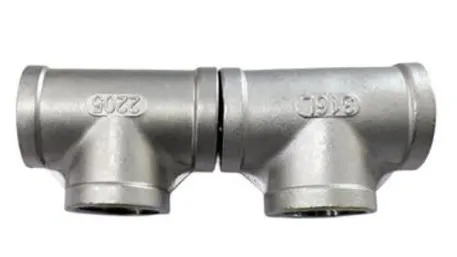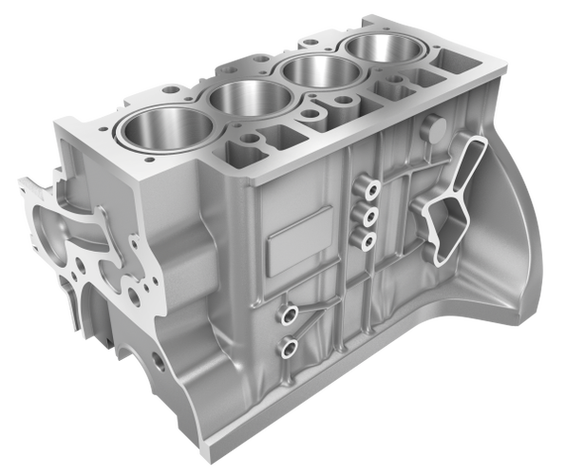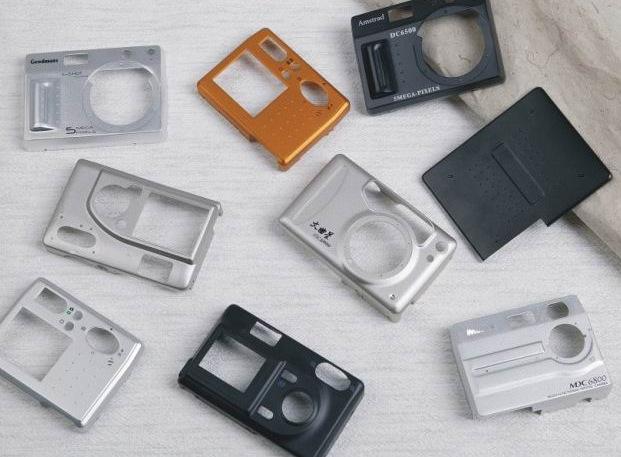
I. Core Material Properties and Application Advantages
(A) Comparison of Mainstream Material Properties
|
Material Type
|
Density (g/cm³)
|
Temperature Range (°C)
|
Core Advantages
|
Typical Certifications
|
|
Polycarbonate (PC)
|
1.20–1.22
|
-40 to 130
|
High light transmittance, excellent impact resistance, dimensional stability
|
UL746C Material Certification
|
|
Acrylonitrile Butadiene Styrene (ABS)
|
1.03–1.07
|
-20 to 80
|
Easy moldability, high toughness, superior surface treatment performance
|
UL94 V-0 Flame Retardant Certification
|
|
Polymethyl Methacrylate (PMMA)
|
1.18–1.20
|
-40 to 90
|
Exceptional optical properties, high surface hardness
|
ISO 7823 Optical Standard Certification
|
|
Polybutylene Terephthalate (PBT)
|
1.31–1.53
|
-40 to 150
|
Low hygroscopicity, chemical corrosion resistance, excellent electrical insulation
|
IEC 60243 Dielectric Strength Certification
|
|
Liquid Silicone Rubber (LSR)
|
1.12–1.25
|
-60 to 200
|
Soft touch, water and dust resistance, aging resistance
|
FDA Food Contact Certification
|
(B) Driving Forces of Customization Core Requirements
- Aesthetics and Texture:
-
- Surface roughness Ra ≤ 0.4μm to achieve a mirror – like finish, meeting high – end product demands.
-
- Support various surface treatment processes, such as anodizing, electroplating, and In – Mold Decoration (IMD), with Pantone color matching accuracy ΔE ≤ 0.8.
- Functionality and Performance:
-
- Structural parts require high strength and toughness; for example, smartphone frames should withstand a squeezing force of ≥ 100N without deformation.
-
- Heat dissipation components demand good thermal conductivity, with a thermal conductivity coefficient ≥ 0.5W/(m·K).
- Thinness and Precision:
-
- Minimum thickness can reach 0.3mm, satisfying the design requirements of ultra – thin digital products.
-
- Dimensional accuracy is controlled within ±0.03mm to ensure precise assembly of components.
II. Analysis of Four Core Processing Technologies
(A) Injection Molding: High-Precision Structural Part Processing
- Technical Advantages:
-
- Capable of one – step molding of complex structures, such as clasps, threads, and blind holes.
-
- Multi – cavity molds (32–64 cavities per mold) with a production efficiency of 2,000–5,000 pieces per hour, suitable for digital parts weighing 1–100g.
- Process Parameters:
-
- Injection pressure 100–160MPa, mold temperature 40–80°C, cooling time 8–15 seconds.
-
- Shrinkage control: 0.5%–0.8% for PC, 0.4%–0.7% for ABS, ensuring dimensional accuracy.
(B) Two – Color Injection Molding: Integration of Function and Appearance
|
Process Type
|
Typical Application Scenarios
|
Technical Advantages
|
|
Two – Color Co – injection
|
Smartphone buttons, headphone casings
|
One – step molding of two colors or materials, enhancing product visual effects and functionality
|
|
Soft – Hard Overmolding
|
Smartwatch straps, tablet cases
|
Composite molding of soft and hard materials, balancing comfort and durability
|
- Technical Highlights:
-
- Bonding strength between two – color materials ≥ 12MPa, passing 5,000 bending tests without delamination.
-
- Precise control of the injection sequence and position of two materials to achieve complex functional designs.
(C) 3D Printing: Rapid Prototyping and Small – Batch Customization
- Process Advantages:
-
- Quickly fabricate complex curved surfaces and hollow structures, such as headphone cavities and smartphone stands.
-
- Use materials like photopolymer resin and nylon, with a printing accuracy of up to ±0.1mm.
- Application Scenarios:
-
- Rapidly verify designs during new product development, with samples delivered within 3 days.
-
- Customize small – batch personalized parts to meet niche market demands.
(D) In – Mold Decoration (IMD): High – End Aesthetic Customization
- Technical Features:
-
- Integrate printing, molding, and decoration within the mold, with a surface hardness ≥ 3H.
-
- Support various patterns and textures, such as carbon fiber and leather patterns.
-
- Excellent wear and scratch resistance, passing 1,000 friction tests without significant scratches.
- Typical Applications:
-
- Back covers of high – end smartphones, tablet panels.
-
- Smart speaker casings, enhancing product texture and brand recognition.
III. Full – Process Customization Solutions
(A) Design and Material Engineering
- Multi – Dimensional Design Support:
-
- Structural Design: Optimize component stress distribution using finite element analysis to ensure reliability in daily use.
-
- Functional Customization:
-
-
- Heat dissipation hole design: Optimize the shape and layout of holes through CFD fluid simulation, increasing heat dissipation efficiency by 30%.
-
-
-
- Waterproof and dustproof structures: Achieve IP68 protection level, suitable for outdoor use.
-
- Precise Material Selection:
-
- Smartphone casings: Select PC/ABS alloys with excellent impact resistance, passing the 1.5m drop test without breakage.
-
- Optical lenses: Use PMMA material with a light transmittance ≥ 92%, meeting optical performance requirements.
- Pre – Processing Technology:
-
- Raw material drying: Control the moisture content of PC material ≤ 0.02% to prevent bubbles and silver streaks after molding.
-
- Surface modification: Add anti – fingerprint coatings to reduce fingerprint residue and maintain a clean appearance.
(B) Production and Quality Control
- Flexible Manufacturing Capability:
-
- Rapid Prototyping: 3D printed samples delivered within 24 hours, aluminum mold development cycle 7–10 days (steel mold 20–30 days).
-
- Mass Production:
-
-
- High – speed injection lines: Equipped with automated robotic arms, with a daily production capacity of 30,000 pieces per machine.
-
-
-
- Intelligent production lines: Achieve fully automated processes from injection molding, inspection to packaging, with a yield rate ≥ 99%.
-
- Comprehensive Testing System:
-
- Physical Properties:
-
-
- Impact test: Withstand a 2J energy impact without damage at -20°C.
-
-
-
- Abrasion test: Pass the Taber abrasion test with a wear amount ≤ 5mg.
-
-
- Optical Properties:
-
-
- Light transmittance detection: Use a spectrophotometer to ensure compliance with product standards.
-
-
-
- Haze detection: Haze value ≤ 1% to ensure clear visual effects.
-
-
- Environmental Certifications: Provide RoHS, REACH, and other test reports to ensure product environmental compliance.
IV. Multi – Field Application Scenarios
(A) Smartphones
- Smartphone Casings: PC/ABS casings processed by IMD, combining aesthetics and durability with excellent anti – fingerprint performance.
- Smartphone Buttons: Two – color injection molded silicone buttons, offering a comfortable touch and a service life of ≥ 100,000 presses.
(B) Wearable Devices
- Smartwatch Straps: Liquid silicone rubber straps, skin – friendly and comfortable, with a waterproof performance reaching IP68 level.
- Headphone Casings: Two – color injection molded PC/TPU casings, stylish and impact – resistant.
(C) Tablets and Laptops
- Tablet Cases: Soft – hard overmolded cases, providing comprehensive protection and a good hand feel.
- Laptop Heat Dissipation Grilles: Hollow – designed PBT heat dissipation grilles, effectively improving heat dissipation efficiency and ensuring stable laptop performance.
(D) Smart Home Control Devices
- Smart Remote Control Casings: ABS casings with spray painting treatment, smooth surface and comfortable grip.
- Smart Camera Casings: PC casings with waterproof and dustproof functions, adaptable to various usage environments.
V. Technology Selection Guide
|
Requirement Type
|
Preferred Technology
|
Weight Range
|
Core Indicators
|
Delivery Cycle
|
|
Rapid Prototyping and Small – Batch Personalized Customization
|
3D Printing
|
1–50g
|
Complex structures, fast delivery
|
Prototype in 1–3 days, batch in 7–15 days
|
|
Medium – to – Large – Batch Standardized Production
|
Injection Molding + IMD
|
5–100g
|
High precision, high – quality appearance
|
Prototype in 5–7 days, batch in 15–25 days
|
|
Functionally and Aesthetically Composite Parts
|
Two – Color Injection Molding
|
10–80g
|
Multi – material integration, one – step molding
|
Prototype in 7–10 days, batch in 20–30 days
|

